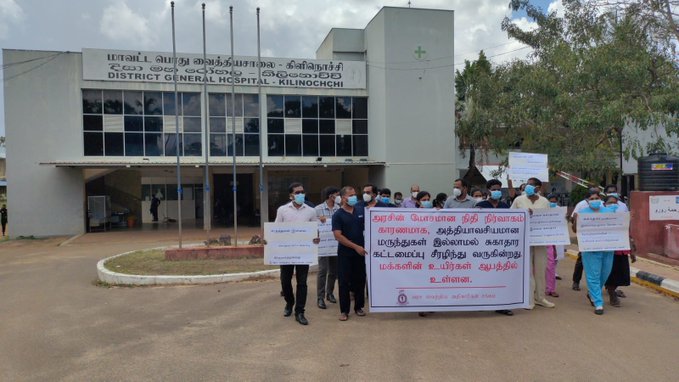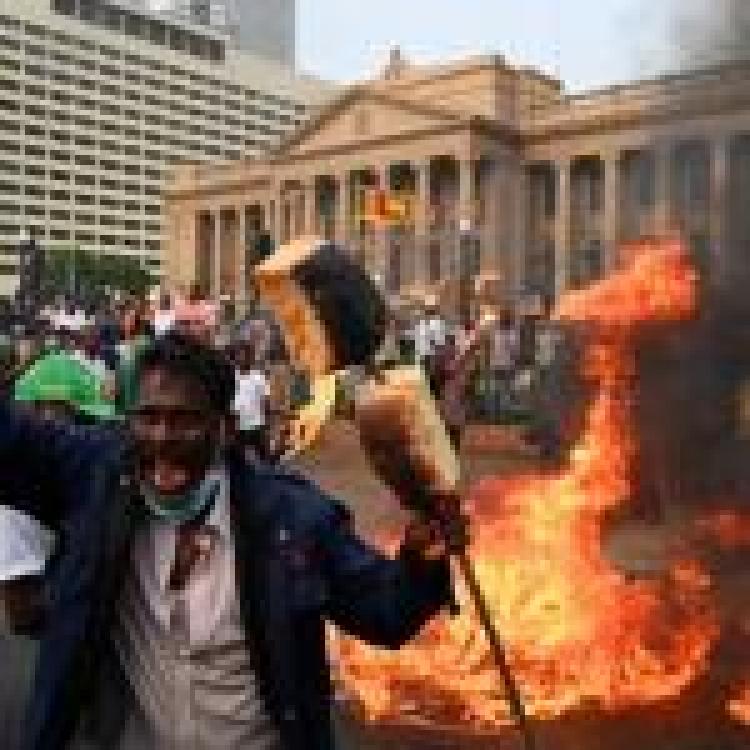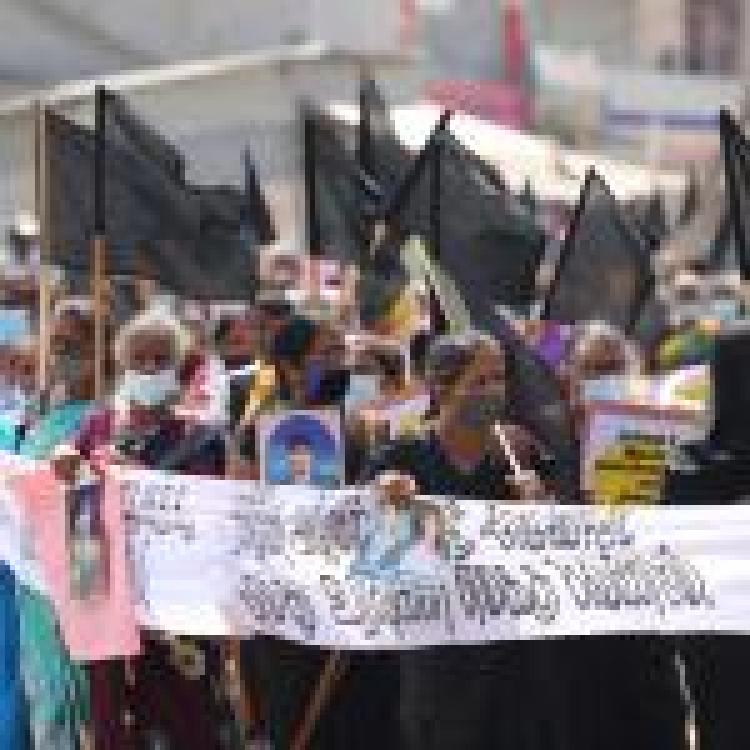In a letter to President Gotabaya Rajapaksa, the Sri Lanka Medical Association (SLMA) has warned that the ongoing economic crisis could lead to a higher death toll than the COVID-19 pandemic if vital medicines are not secured soon.
"We are made to make very difficult choices. We have to decide who gets treatment and who will not,” the SLMA reportedly said as the island faces a severe shortage of medicines and medical tools.
“If supplies are not restored within days, the casualties will be far worse than from the pandemic," the group added.
Sri Lanka's economic crisis has already hindered the ability of several hospitals to provide routine surgeries due to a shortage of several essential drugs, including anaesthetics. As the economic crisis worsens, doctors are now warning that emergency procedures may soon also be at risk.
It has been reported that the island has seen over 16 000 deaths due to COVID-19.
The Government Medical Officers' Association (GMOA), one of Sri Lanka's most powerful trade unions, also recently declared a medical crisis over the widespread lack of medicines. In a statement, they highlighted that the hospitals across the island have been struggling to maintain patient care due to routine power cuts as well as the severe shortage of medicines.
Sri Lanka owes $7 billion in debt and interest payments for this year, with a sum of $1billion due in July. The dire financial state of the country has left the island unable to pay for imports including fuel, milk and paper. Last month, Sri Lanka announced that it would begin talks with the International Monetary Fund (IMF) to seek financial assistance to help resolve the crisis.
Newly appointed Finance Minister, Ali Sabry, who resigned from the post 24 hours after his appointment, returned to the position last week and announced that the island is looking to secure around $3 billion from the IMF to support its balance of payments in the next three years.
Sri Lankan officials are due to start talks with the IMF on April 18.
Feminist groups, primarily from the North-East have warned against IMF bailouts, citing that historically IMF debt restructuring entails austerity measures that will exacerbate existing inequalities.
"It is the wealth gathered by exploiting women’s labour that has been squandered. No one is held accountable for this loss. Instead, yet again, women are forced to bear the brunt of an economic crisis" the groups stated.




